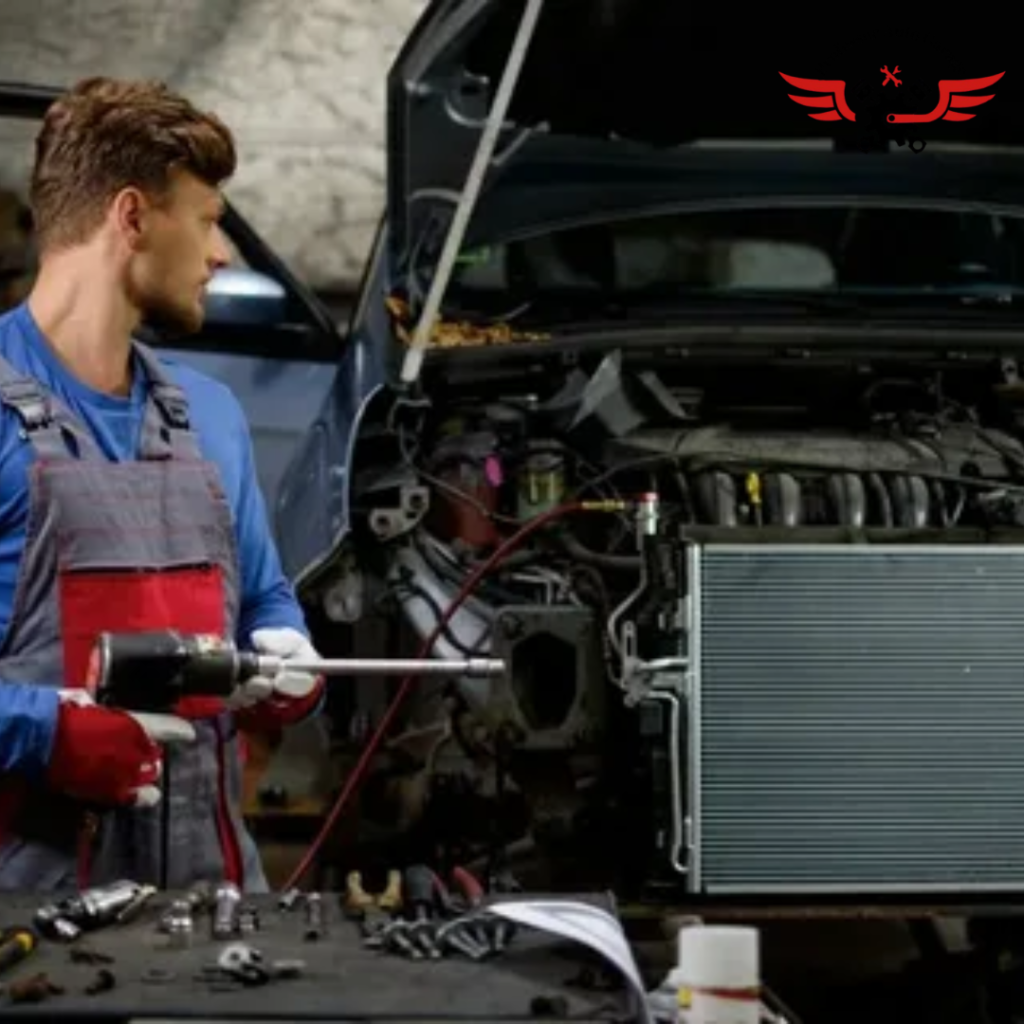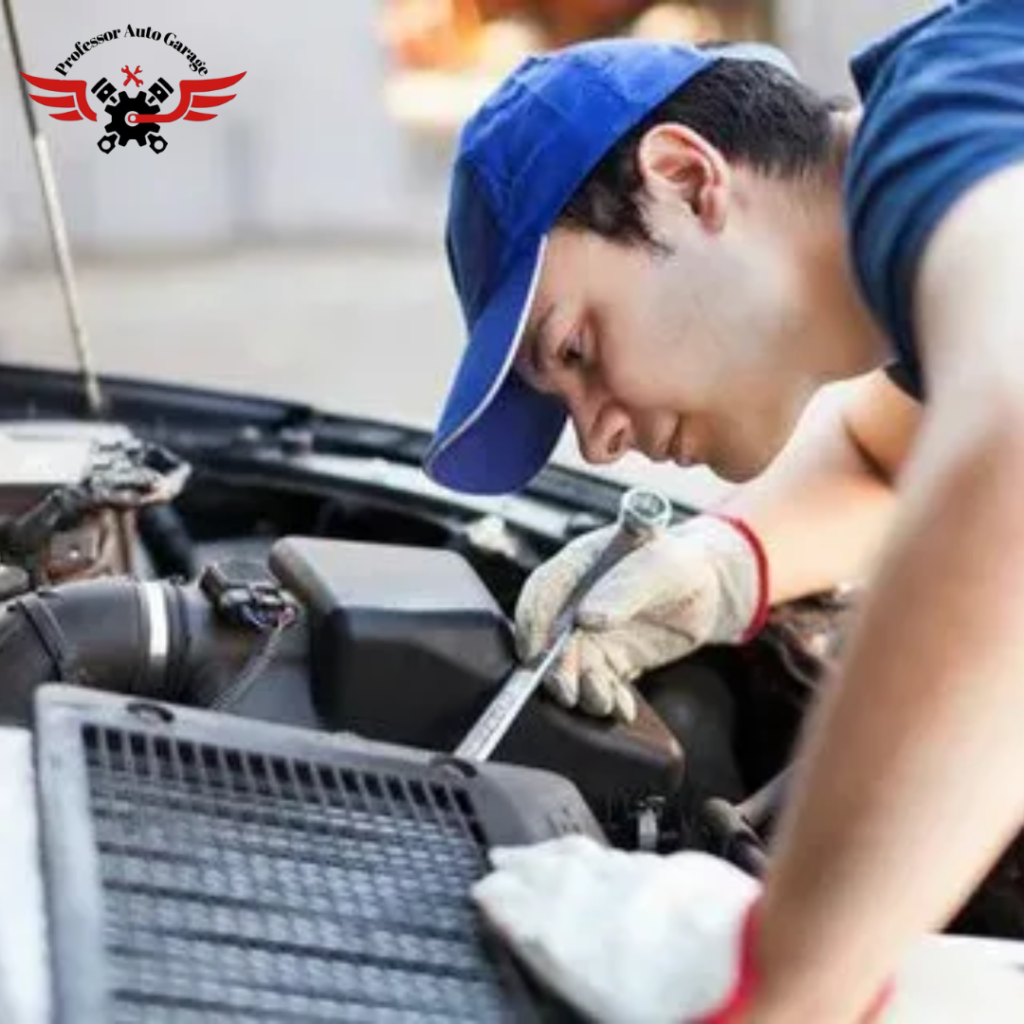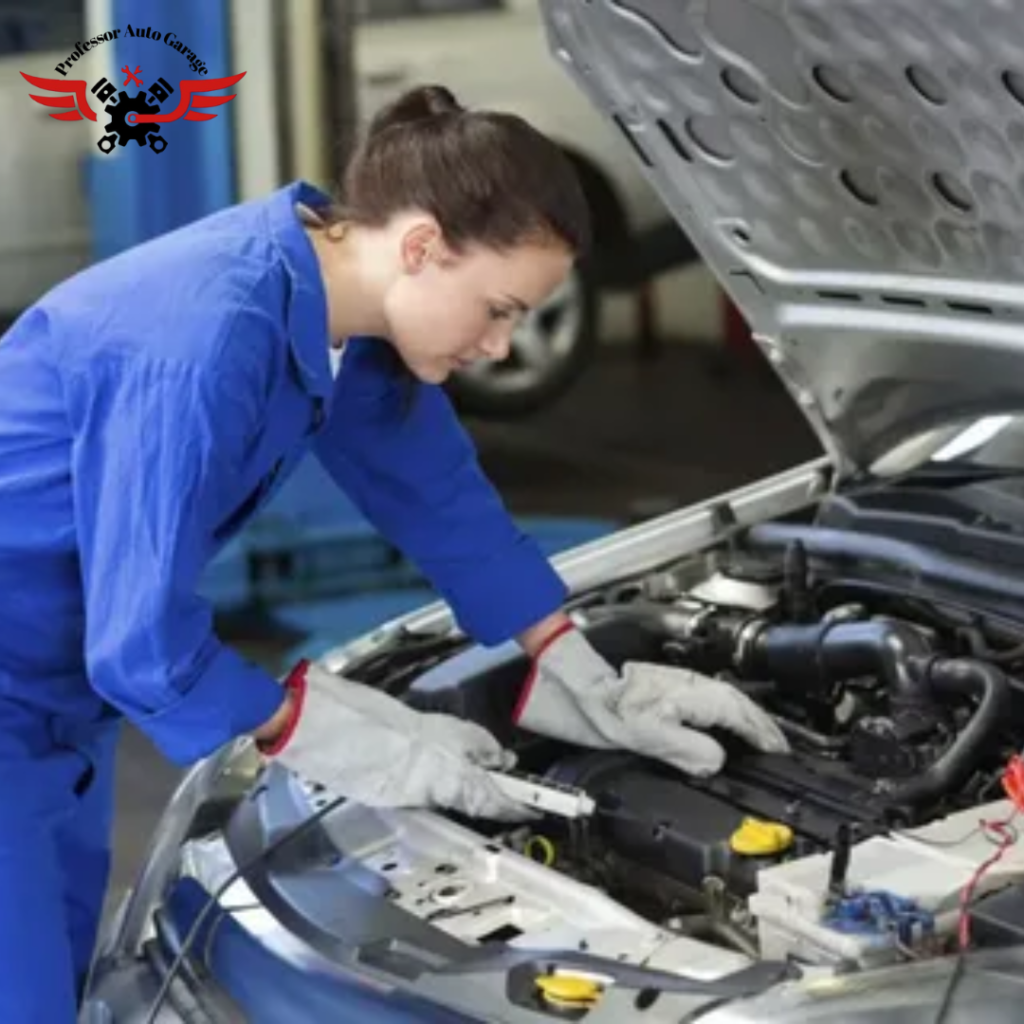Are you facing issues with your car’s radiator in the bustling city of Dubai? You’re not alone. With the extreme temperatures and constant traffic congestion, radiator problems are common for drivers in the UAE. This blog post will guide you through everything you need to know about car radiator repair in Dubai. We’ll cover how to identify and fix leaks, compare prices across garages, and offer tips on choosing the best mechanic for the job. Whether you’re a seasoned driver or a new car owner, this post aims to equip you with the knowledge needed to keep your vehicle running smoothly in the heart of the desert.
Understanding Car Radiator Leaks
Your car’s radiator is essential for maintaining engine temperature by transferring heat away from the engine block.
A leak in the radiator can disrupt this process, leading to overheating and potential engine damage. Recognizing the signs of a leak early can save you from costly repairs down the road.
Car radiator leaks often manifest as puddles of coolant under your vehicle or an overheating engine. You might also notice your car’s temperature gauge reading higher than usual.
In some cases, a sweet smell from the engine bay can indicate a coolant leak. Becoming familiar with these signs will help you address radiator issues promptly before they escalate.
Leaks can occur due to various reasons, such as corrosion, physical damage, or poor-quality components. By understanding the causes, you can take preventive measures to keep your radiator in top condition and ensure your car performs efficiently.
How Radiators Work
A radiator facilitates the regulation of engine temperature by shift heat generated by radiator fluid through thin metal and disappear any excess heat from the engine, playing a critical role in the engine’s cooling system.
Radiators operate through convection, heating the surrounding air and generating convection current that deal out the heat throughout the space.
An extension tank is a plastic container situated abutting to the engine that facilitates the supply of coolant to the radiator.
It is typically connected to the radiator via a rubber hose and regulates the flow of coolant to and from the radiator as the engine temperature oscillates.
Observe the coolant level in the expansion tank can help detect discharge coolant, and using a temperature gauge can assist in keeping track of the engine’s operating temperature.

Common Causes of Car Radiator Leaks
Radiator leaks don’t just happen randomly. Understanding the common causes can help you anticipate and prevent potential problems.
One major cause is corrosion, often resulting from old coolant that hasn’t been changed regularly. Corrosion can weaken the radiator’s structure, leading to leaks over time.
Another common culprit is physical damage. Rocks or debris from the road can hit the radiator, causing dents or punctures.
Poor-quality components, such as cheap hoses or clamps, can also fail, leading to leaks. Ensuring high-quality materials are used in your vehicle’s cooling system can mitigate this risk.
Regular maintenance is crucial for identifying these issues before they develop into significant problems. Simple checks can save you time, money, and the frustration of dealing with a leaky radiator at an inconvenient moment.
Detecting Car Radiator Leaks
Detecting a radiator leak early can prevent more severe damage to your vehicle. One method to identify a leak is by conducting a visual inspection of your radiator and its components. Look for any visible signs of damage, such as cracks, wet spots, or rust.
In addition to a visual check, you can perform a pressure test. This involves using a special tool to pressurize the cooling system and identify areas where the pressure drops, indicating a leak.
If you notice your coolant levels dropping regularly without visible leaks, a pressure test can be particularly useful.
It’s also helpful to pay attention to any unusual symptoms your car may exhibit. Overheating, a sweet smell, or steam coming from the engine is clear indicators that something is wrong with your radiator. Early detection allows you to take appropriate action and avoid more extensive repairs.
Fixing Car Radiator Leaks
Once you’ve identified a radiator leak, it’s important to address the issue promptly to avoid further damage. Depending on the severity of the leak, you can choose between DIY temporary fixes or seeking professional repairs.
DIY Temporary Fixes
For minor leaks, temporary fixes can be a quick and cost-effective solution. Radiator sealant products are available and can be used to seal small cracks or holes in the radiator. Follow the instructions on the product carefully to ensure proper application.
Another DIY option is using epoxy or a specialized patching kit. These materials can temporarily seal leaks until you can get professional repairs.
Keep in mind that while DIY fixes are convenient, they are not permanent solutions and should be followed up with professional attention.

Professional Repairs
For more significant leaks or when temporary fixes don’t suffice, seeking professional help is essential. A qualified mechanic can assess the damage and provide the necessary repairs or replacements.
In Dubai, there are numerous garages offering car radiator repair in Dubai, so it’s important to choose a reputable one.
Professional repairs ensure that your radiator is fixed correctly and any underlying issues are addressed. Mechanics can also replace damaged parts with high-quality components, extending the lifespan of your vehicle’s cooling system.
Preventing Car Radiator Leaks
Prevention is always better than cure, and this applies to car radiator leaks as well. Regular maintenance is key to keeping your radiator in good condition and preventing leaks from occurring.
Regular Maintenance
Scheduling routine maintenance checks with a trusted mechanic can help identify potential issues before they become major problems.
During these checks, mechanics can inspect your radiator, hoses, and clamps for signs of wear or damage.
Flushing the cooling system and replacing coolant at recommended intervals is also crucial. Fresh coolant prevents corrosion and ensures efficient heat transfer, reducing the risk of leaks.
Choosing Quality Components
Using quality components is necessary in pledge the radiator is sealed properly and functioning perfectly. Some examples of quality components include:
- Hoses
- Clamps
- Gaskets
- Gaskets
- Seals
High-quality components can reduce the probability of leaks and prolong the lifespan of the car engine radiator, saving you time and money in the long run.
Always choose highly regarded brands and suppliers for your radiator constituent to make sure the best possible performance and stability.

Why Pick Professor Auto Garage for Your Next Car Radiator Repair in Dubai?
Choosing Professor Auto Garage for your next car radiator repair in Dubai ensures you’ll receive:
- Expert technicians
- Quality service
- Highly experienced and certified professionals
- State-of-the-art tools and techniques
We guarantee that your car will be fixing (up) to the highest standards.
Additionally, we provide a warranty on all repairs; make sure that your vehicle is in reliable hands.


